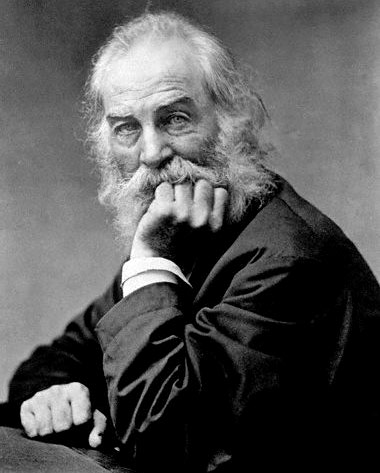When I read the book, the biography famous,
And is this then (said I) what the author calls a man's life?
And so will some one when I am dead and gone write my life?
(As if any man really knew aught of my life;
Why even I myself I often think know little or nothing of my real
life;
Only a few hints, a few diffused faint clues and indirections,
I seek for my own use to trace out here.)
Analysis:
This is another poem that talks about books. However, not any ordinary book, but a biography. This poem in fact, starts with Whitman reading the “biography famous” (l.1). However, he immediately starts thinking and asks himself if this is really a man’s life. He also asks himself if this is what will happen to him too, after his death. He doesn’t like this idea, because no other man knows something, or at least enough about his life. Whitman himself states that he knows little or nothing of his own life. What he knows is only a few hints, faint clues, but nothing concrete (l.6). Therefore, if not even he knows enough about his life, how can a stranger write about it? In “When I read the Book”, the tone is ironic but also polemic, for Whitman is asking the readers “how and what right does another person have to write a book about my life?”. There are several sentences that end with life, showing how Whitman cares for it, and considers it a major theme in this poem.
http://www.bartleby.com/142/7.html
skip to main |
skip to sidebar

Quote of the Day!
"And your very flesh shall be a great poem" -- Walt Whitman
Walt Whitman
